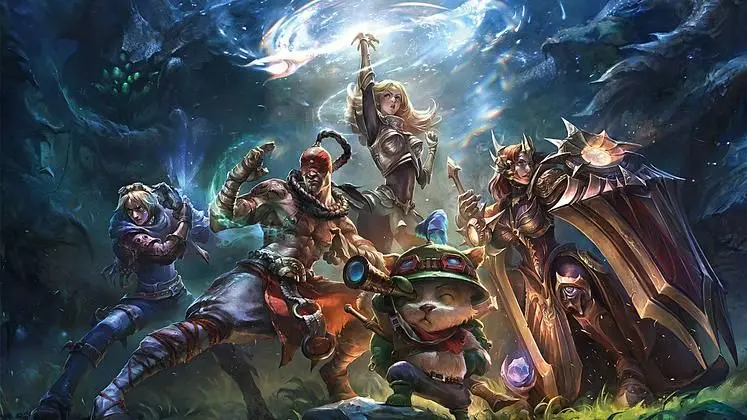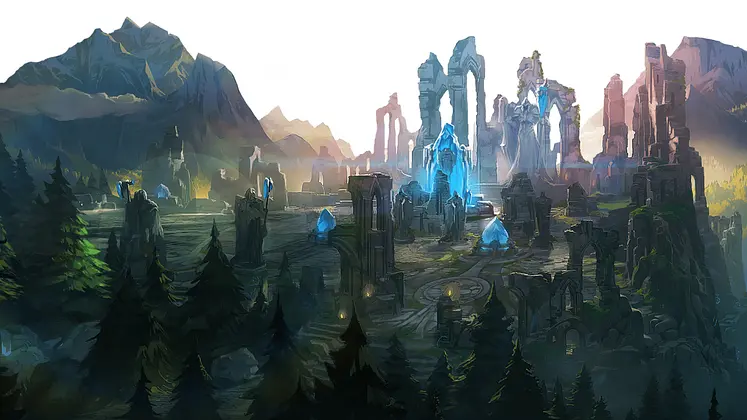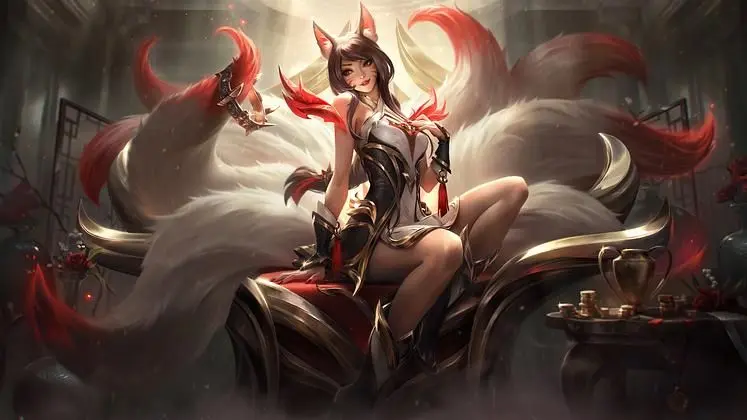League of Legends (LoL) competitions have been controlled for a long time by Korea, China, Europe, and North America. But things have changed a lot since 2025. Southeast Asia, especially Malaysia and Singapore, is now a growing power. Teams from these countries are not only qualifying for global events; they’re also fighting to win. They’re able to do this thanks to investment, raw talent, and strategic innovation.
What is really causing this surge? What does it mean for the future of LoL forecasts, the esports market, and who rules in each region? Let’s learn more about this exciting effort.
A Decade in the Making
Malaysian and Singaporean teams have been out of the spotlight of Southeast Asia’s esports scene for a long time. Some players made waves on their own, but the team as a whole lacked cohesion, infrastructure, and foreign exposure. Now that it’s 2025, that story has changed completely.
Both countries now have e-sports programs backed by the government, local leagues with lucrative sponsors, and training facilities that are among the best in the world. As a result? A pipeline that turns out players who are disciplined, meta-savvy, and mechanically sharp and ready to play on a world level.
The Breakout Stars
Two teams have particularly caught the global spotlight:
Lionheart SG (Singapore): Currently dominating the PCS (Pacific Championship Series), Lionheart SG has earned praise for its macro-oriented playstyle, reminiscent of early SKT. Their team captain, “Kaze,” a 19-year-old jungle prodigy, is being hailed as one of the most intelligent shot-callers to come out of SEA.
MY Eclipse (Malaysia): This team’s rise has been meteoric. After sweeping the regional qualifiers in a flawless 9-0 run, they secured a spot at the Mid-Season Invitational. With aggressive lane swaps and off-meta picks like jungle Jhin, MY Eclipse embodies the fearless, inventive spirit that’s putting Malaysia on the map.
These teams are no longer dark horses—they’re genuine contenders.
Infrastructure & Investment: A Game-Changer
The growth isn’t accidental. Several core changes have laid the foundation for this regional boom:
-
Government Support: Singapore’s Ministry of Culture, Community and Youth launched the “Pro Gamer Pathway” in 2023, offering scholarships and dedicated training for esports athletes. Malaysia followed with its “Digital Gladiators” initiative in 2024, providing grants for team development.
-
Corporate Backing: Tech giants like Razer (Singapore) and Grab (Malaysia) have funneled millions into local esports. Their investment has birthed esports arenas, content creation hubs, and sponsorship deals that rival those in the LCK and LEC.
-
Coach Imports: Former pro players from Korea and China now serve as coaches and analysts, refining SEA talent with international standards and elevating team performance dramatically.
Shaping the Meta
Malaysian and Singaporean teams are now known for a number of things that have an effect on the game in a big way.
Creative drafts often use champions that aren’t used enough and picks that can be used in different ways to throw off opponents. Disciplined Mid-Game: Unlike previous SEA teams that fell apart after the laning phase, the 2025 contenders are very good at controlling their objectives and using their view. Adaptability: These teams can quickly change their strategies when facing LPL aggression or LCK structure, which is a key skill for long tournament wins.
They have a real effect on the world meta. Even Western experts are breaking down games in a way that looks like SEA, and the solo queue in Korea is full of builds and strategies that look like they came from SEA.
A Growing Fanbase and Market
Viewership for the PCS has surged, with Malaysian and Singaporean games pulling over 2 million unique viewers during peak broadcasts. Betting sites are scrambling to include more detailed odds for these teams, and platforms offering LoL predictions now feature SEA matchups as standard entries alongside LCK and LEC games.
Moreover, regional streaming personalities and shoutcasters are gaining international followings, injecting fresh voices into the LoL ecosystem.
Betting on the Future
From a betting perspective, Malaysian and Singaporean teams present a compelling opportunity. Historically undervalued in international matchups, their performance now routinely outstrips odds—meaning savvy bettors can spot inefficiencies early.
Underdog wins: In 2025 alone, MY Eclipse has overturned the odds in three major best-of-five series, delivering substantial payouts.
Objective-based markets: These teams often prioritize early dragons and heralds, making prop bets a lucrative option.
Consistency: Unlike unpredictable wildcards of the past, these teams offer data-driven patterns ideal for accurate forecasting.
It’s a reminder that betting isn’t just about hype—it’s about insight. And the insight from SEA has never been clearer.
What Lies Ahead?
If things keep going the way they are, it’s possible that a Malaysian or Singaporean team could make it to the Worlds playoffs or even further by 2026. The ecosystem is stable, there is a lot of ability, and respect is growing around the world.
But there are still problems. There isn’t much infrastructure outside of capital towns yet, and it will be very important to keep the momentum going after major tournaments. Coaching foreigners have also raised the bar, but for long-term success, it will be important to develop strategic minds in the country’s own players.
Final Thoughts
The growth of League of Legends teams in Malaysia and Singapore in 2025 is more than just a surprise in the area. It shows what can be done with hard work, cultural support, and pure ambition. One thing is clear: the SEA revolution is already here, whether you’re a fan of e-sports, a serious bettor, or someone who is just getting into LoL. It’s changing the story of the whole world one game at a time.
For the latest gaming news, follow GameWatcher on BlueSky, check out our videos on YouTube, or give us a like on Facebook. We sometimes include affiliate links in our posts, which grants us a small commission, thank you. Please support independent Games Media. ❤️







